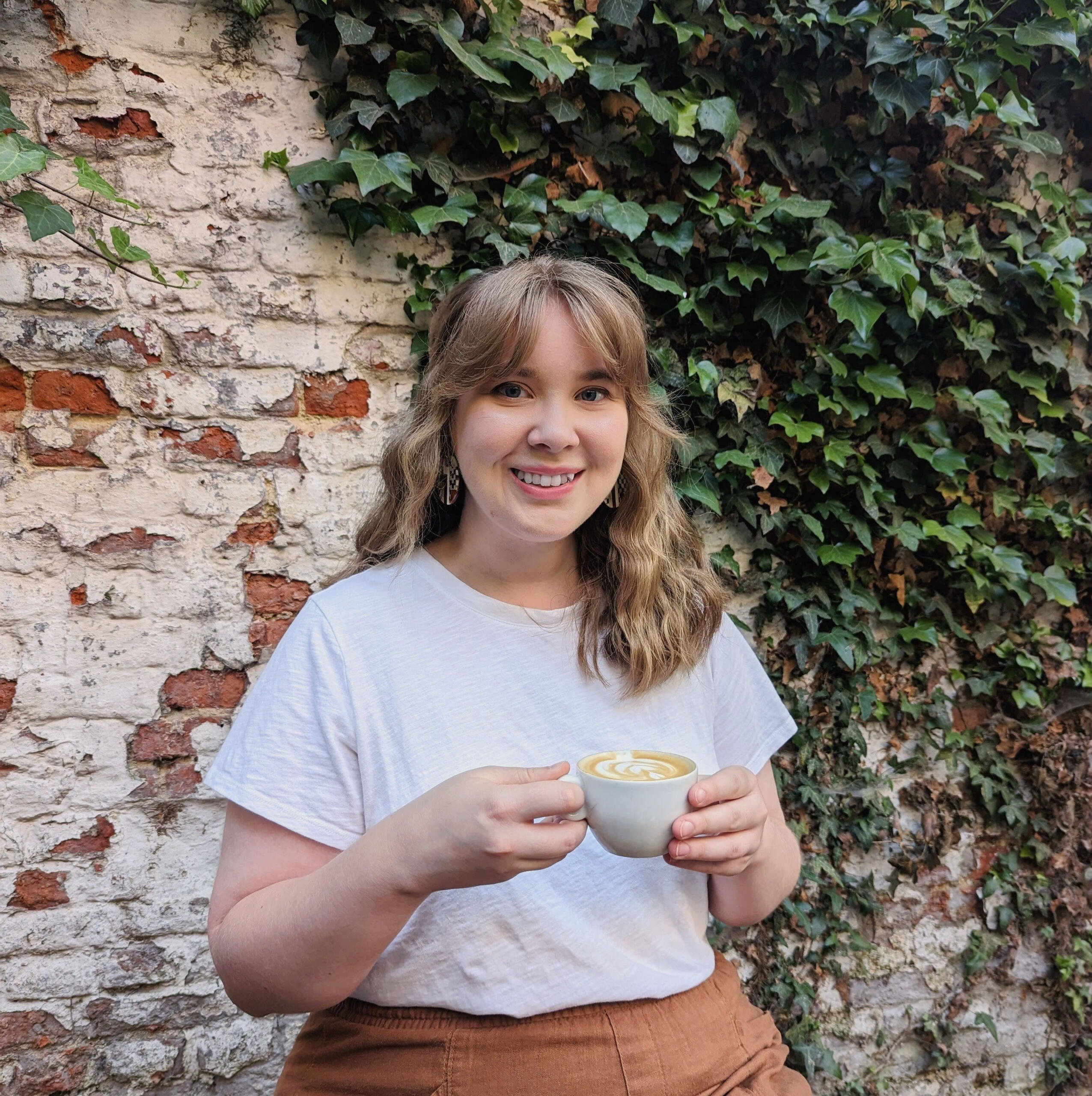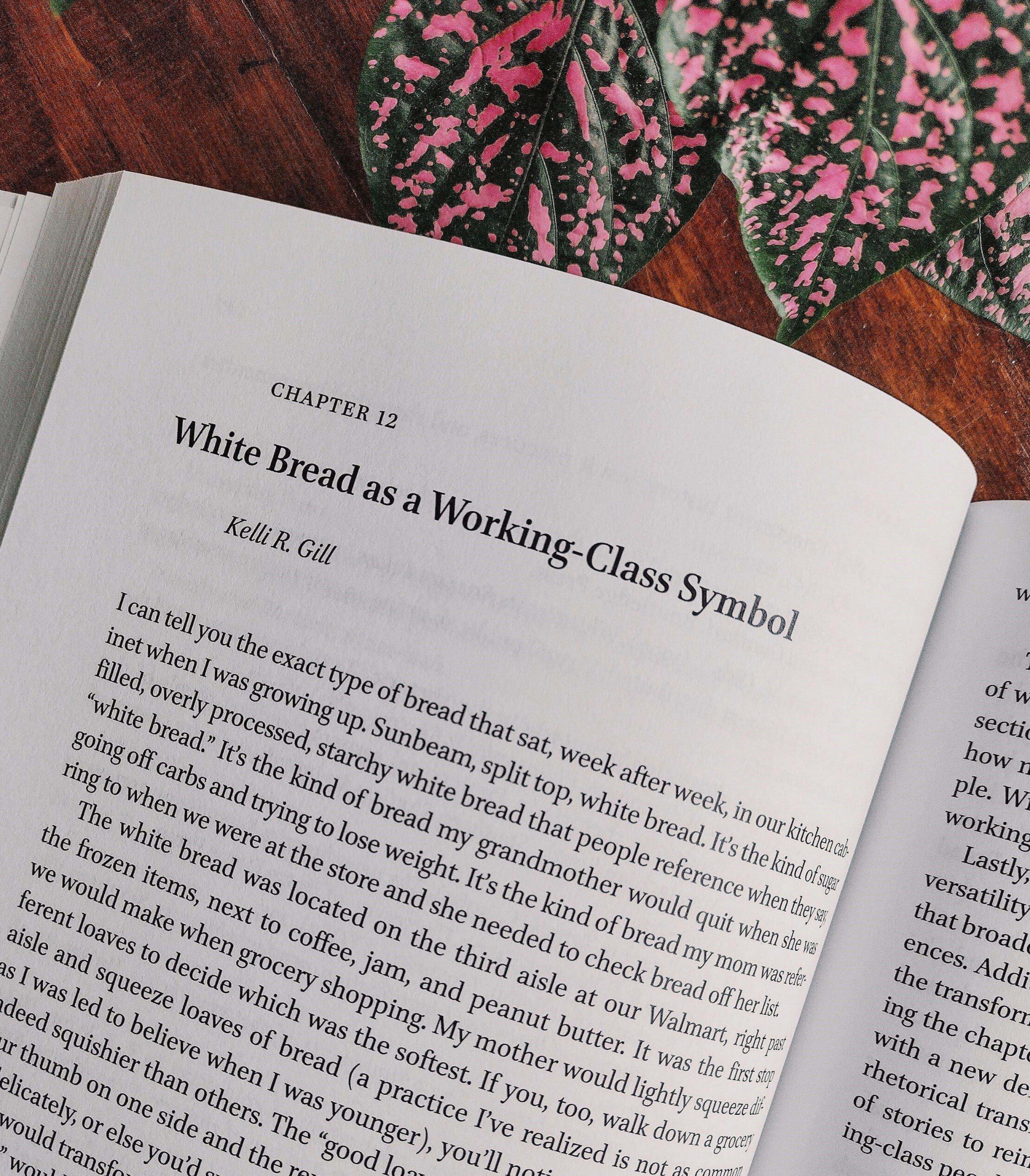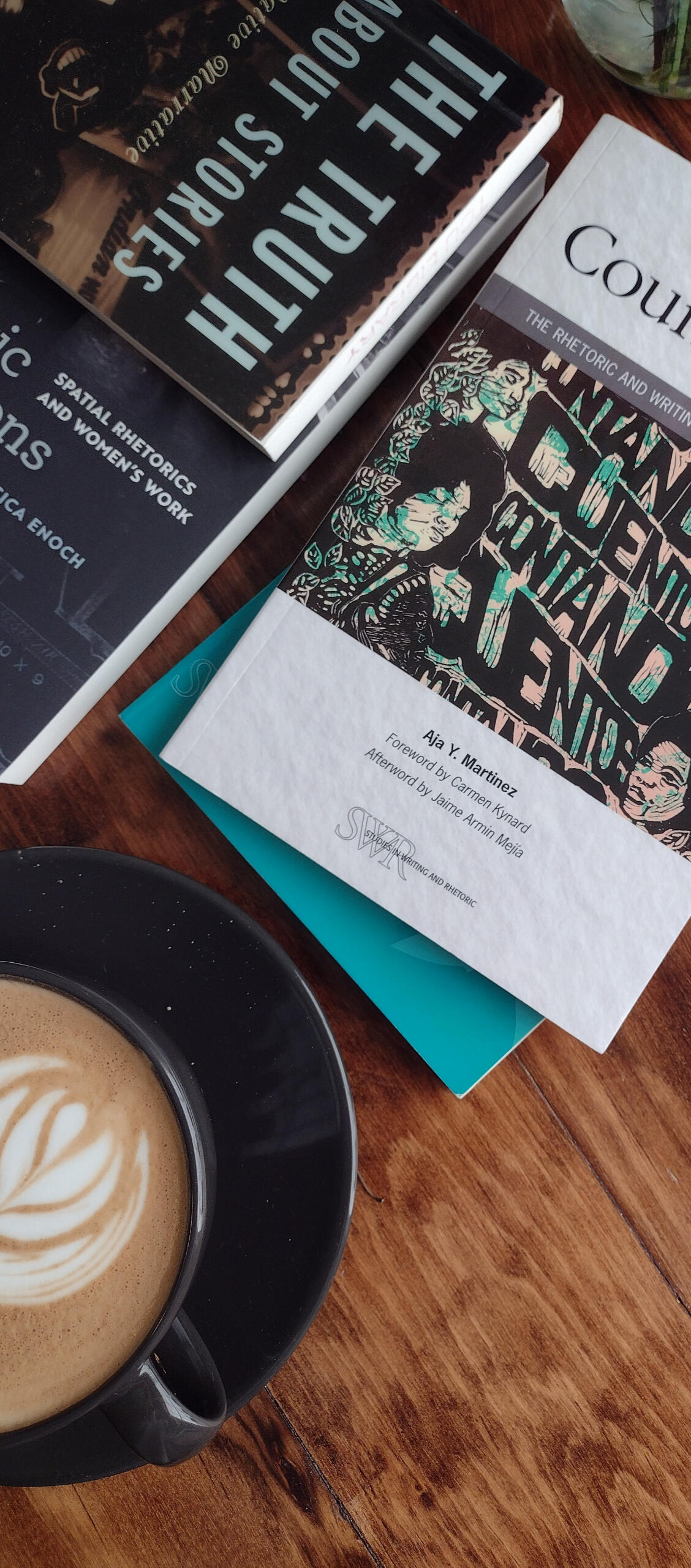Kelli R Gill
Feminist. Advocate. Writer. Maker. Food lover
Hello! My name is Kelli R Gill. I am an Assistant Professor of Rhetoric and Writing Studies and the Writing Program Director at Montana State University. I specialize in researching and teaching at the intersection of culture, power, and digital technologies. My current book project builds on these interests by investigating digital food writing as a site of conflict. Shifting away from interpretations of food as a community builder, “feel-good” topic, or a neutral object, my research investigates how food is used rhetorically to sow division and how agents respond. Overall, my work aims to complicate our understandings of everyday interactions and writing as more than accidents, habits, or just "internet noise" and instead recognize it as meaningful, political, and most importantly power-laden.My past work has been featured in publications such as Across the Disciplines, Double Helix, and Trace. I also created and run the scholarly website: FoodRhetoric.com, an open-access resource for learning and teaching at the intersection of food and writing.

© Kelli R Gill. All rights reserved.

Research
Rhetoric and composition allows me to analyze and consider how language, objects, and institutional structures produce, reinforce, and maintain power in culturally specific ways. Whether in a video game or digital recipes, I do not believe we can ever talk about the composition of anything if we don’t agree that systems of power shape our world and that we are given the choice to become complicit in these systems or resist, reimagine, and reinvent them. My work is committed to documenting, analyzing, and storying resistance, reimagination, and reinvention of power structures through several key sites:
Food Rhetorics: Food provides me with an avenue for resisting neutrality and embracing everyday rhetorics as scholarly, meaningful, and power-laden. I teach and research whiteness within food writing publishing and how teachers can use food as a way to approach topics within composition classrooms such as: colonization, appropriation, relationality, othering/exclusion, cultural flattening, and representation.
Embodiment Theory: Using feminist theory, disability studies, fat studies, and material rhetorics I explore the body’s connection to spaces of power whether this is a study of how digital food communities exclude BIPOC readers or how we can create inclusive classrooms.
Popular Culture: I am invested in breaking down stereotypes of what counts as “good” language and writing. My work examines how popular culture influences public attitudes and contributes to both reinforcement or resistance of systems of power.
Pedagogy
Central to my understanding of rhetoric and composition is the belief that everyday practices, stories, and community literacies shape the world in powerful ways. The diversity of these different meaning-making practices is something I believe is worth celebrating because they are often what moves the world in real time. My goal as an educator is to help students learn and embrace these practices so they too can move the world towards justice. Making room, for myself as a teacher-scholar, goes beyond just representation of diverse students and instead is a continued praxis which (to borrow from Jay Dolmage) anticipates rather than reacts to diversity. This shapes my pedagogical praxis in several ways:
Humanity-Centered A humanity-centered approach to writing studies anticipates the diversity of people’s material lives by accounting for (1) embodied difference, (2) changing circumstances, and (3) structural barriers. I seek to create inclusive, equitable classrooms that recognize students’ humanity first so that they can apply their energies to understanding and developing rhetorical practices, rather than exhausting themselves navigating structural inequities in my classroom.
Culturally Situated In order to work towards equitable, just educational spaces, classrooms must uphold language and literacy as culturally situated and work to eradicate policies, assignments, and curriculum which uphold whiteness as the cultural standard. My curriculum recognizes that rhetorical meaning-making happens across cultures both within and outside of academic spaces and sees the differences across these various communities as resources rather than deficits.
Accessible Access within the writing classroom must be expanded to encompass the intersecting identities of students and instructors and the assumptions which policies and assignments make about their needs, knowledges, and goals. While disability theory is central to pointing out the ways that writing curriculum reenforces normativity, an anti-ableist pedagogy also considers the unique circumstances of students and instructors such as financial barriers, caretakers, second-language learners, and students in crisis.
the links below offer example courses I've developed

Let's Collaborate!
I believe that communities and relations are at the heart of our work as scholars, activists, and people. If you would like to work together please reach out! I’m a big fan of cold emailing and I’d be excited to hear more about your scholarship, teaching, and ideas.